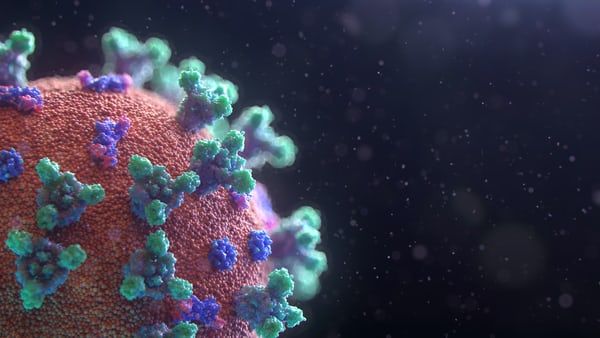UK has decided to reduce its isolation period from 10 to seven days, for people who have negative rapid test results two days consecutively. The UK Health Security Agency took this call against the backdrop of the rapidly spreading omicron variant in the country.
Health Secretary, Sajid Javid, explained the logic behind the decision, saying, “We want to reduce the disruption from COVID-19 to people’s everyday lives.” With rising cases, many industries are finding themselves short-staffed, since workers who test positive for the coronavirus have to self-isolate, as per the rules.
Also Read | UK Treasury defends ‘impromptu’ party amid COVID lockdown
An analysis by the British health body has shown that a seven day isolation, along with two negative test results, are about as effective as a 10-day isolation practice, minus the tests. Now, the government has declared that those whose results turn up negative on the sixth and seventh days, after tests are conducted 24 hours apart, won’t have to continue isolating for 10 days.
However, they have issued a warning that individuals leaving isolation after seven days should avoid crowded places as much as possible, and try working from home. The health agency explained this stance, saying, “The new approach reflects latest evidence on how long cases transmit the virus for, and supports essential public services and supply chains over the winter, while still limiting the spread of the virus.”
Also Read | UK Prime Minister Boris Johnson doesn’t have a ‘Plan C’ to curb Omicron
Across the pond, in the US, several medical experts are also urging the Biden government to scrap the one size fits all 10-day isolation plan. Dr. Anthony Fauci already noted that they’re considering easing this limit for fully vaccinated people, and healthcare workers who have tested positive but are now asymptomatic.
Also Read | Omicron likely to be ‘not as severe’ as Delta variant: Anthony Fauci
Amesh Adalja, a senior academic at Johns Hopkins Center for Health Security, spoke to The Post, saying, “A realistic isolation period is one which lasts so long as contagiousness lasts. It may be as short as a few days in some people and longer in others.” He voices the concern of several experts who have pointed out that the sweeping omicron variant could well cripple the economy and hospital system of the US, if workers who cannot do their jobs remotely, are forced to quarantine for 10 days.






